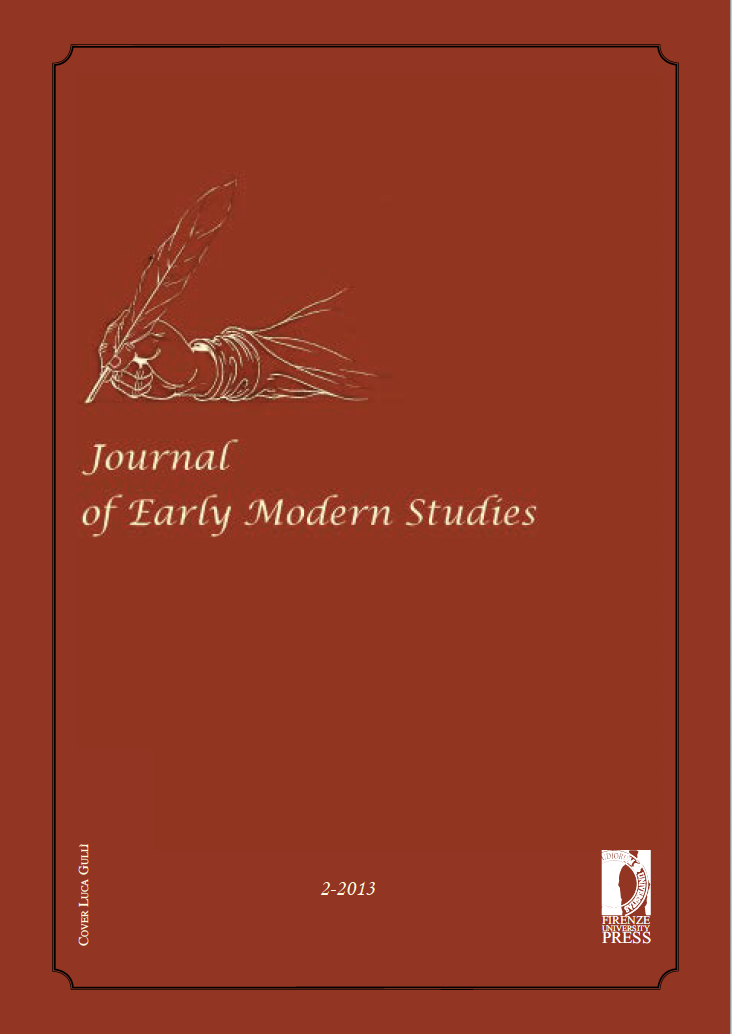Abstract
Shakespeare’s residency in London coincided with a period in which the City underwent unprecedented demographic growth and commercial expansion. By the 1590s two thirds to three quarters of the adult males resident in the City were citizens, at the time a uniquely urban identity that denoted a person who possessed ‘the freedom’ and was thereby entitled to the economic and political privileges of enfranchised inhabitants of a city or borough. These phenomena were transforming urban popular culture, yet their impact is largely unregistered in studies of Shakespeare and popular culture. The article seeks to direct attention to the presence and significance of the citizen, citizen languages and the culture of citizenship in Richard III, the play in which the word ‘citi- zen’ appears more often than in any other Shakespearean drama yet is rarely the focus of critical enquiry. The relative critical neglect of the citizens and of ‘citizen language’ more generally in Richard III stems from the widespread perception that its freemen are ultimately complicit in Richard’s tyranny. The paper challenges such views and focuses attention on Richard’s sustained effort to play the citizen to secure the crown.


